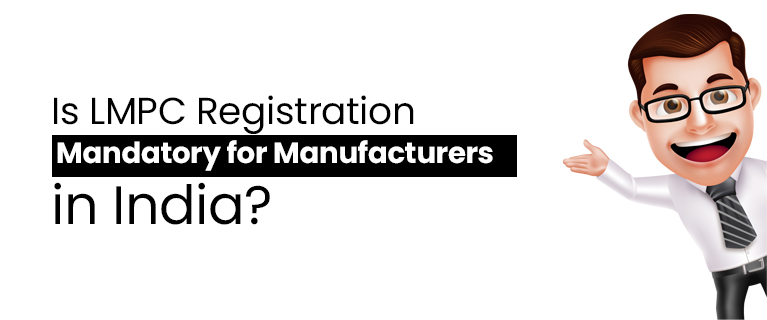Is LMPC Registration Mandatory for Manufacturers in India?

In India, manufacturers across various industries often come across regulatory requirements and registrations that they need to comply with to operate legally. One such registration that has gained prominence in recent years is LMPC Registration . But the question that arises is, "Is LMPC Registration mandatory for manufacturers?" In this blog, In this blog, we will dive into the concept of LMPC Registration including its significance, and whether manufacturers in India are under compulsion to acquire it. Understanding LMPC Registration: LMPC, or Legal Metrology Packaged Commodity Registration, falls under the purview of the Legal Metrology Act, 2009. It pertains to businesses that deal with the packaging and sale of commodities, especially those that are pre-packaged and intended for retail sale. The primary objective of LMPC Registration is to ensure transparency and fairness in trade by providing consumers with accurate information about the products they purchase. R






